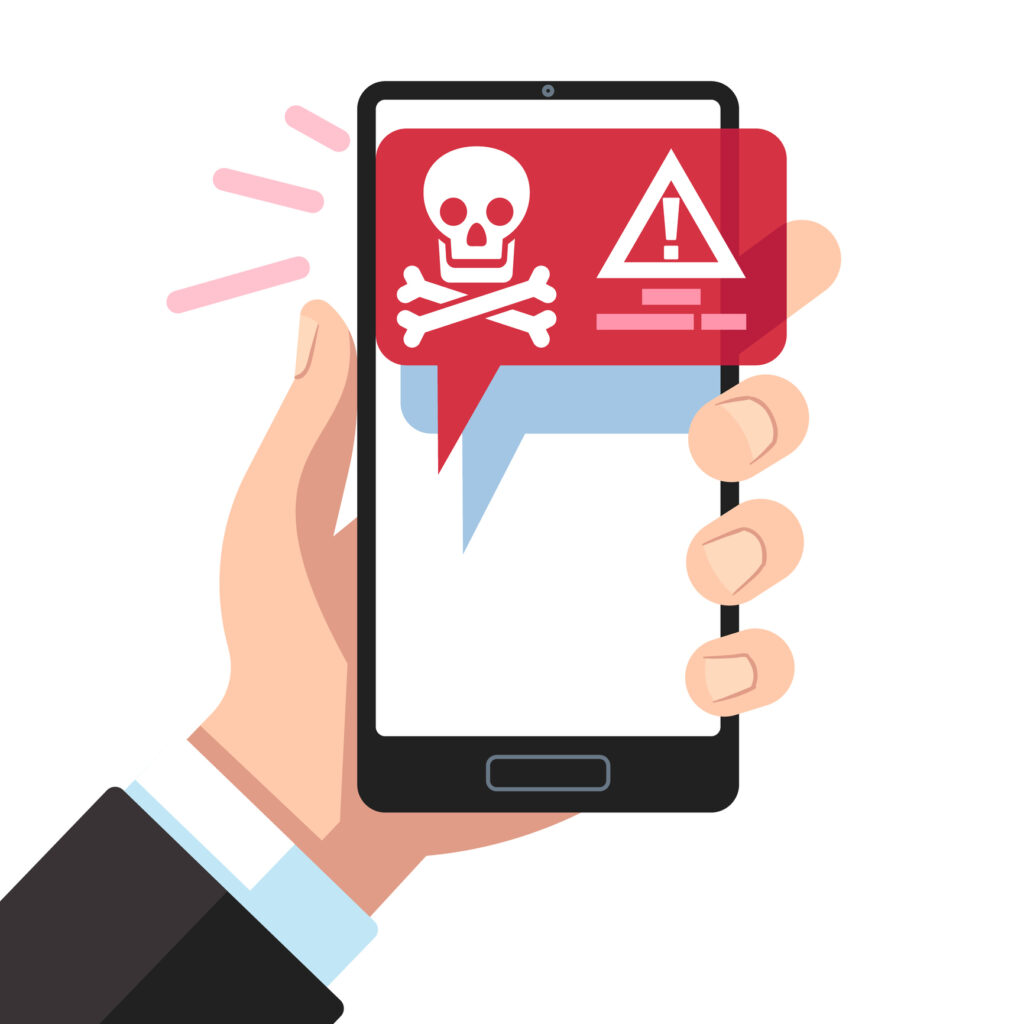Smishing the new form of Phishing
January 24, 2020
MobileSecurityTechnology
You’ve probably heard of Phishing before, where scammers send convincing or not so convincing emails geared towards stealing your money or data. Well now you have to worry about text message scams ontop of regular phishing and phone call scams.
What is it
Smishing is a text message based scam similar to a email phishing scam. One of the most common examples is receiving a tracking code with a link to set up your delivery preferences that will lead you to a fake website requiring you to enter in your information. There might be a phony “free reward” which will need your credit card info in order to ship it to you. If you follow through you might end up being charged hundreds of dollars. They could also pretend to be your bank or another legitimate organization asking you to confirm information and end up giving you a nasty virus or steal your info.
The biggest danger about this type of scam is that it’s not what you typically would expect from a scam so a lot of people are in danger of falling for it. It might grow to be a lot more common with these scammers looking for more ways to trick people they think won’t be as skeptical about a text as they would an email.
How to avoid the dangers
While a lot of email providers have spam filters that help filter most of this junk out, sms doesn’t really have that built in. Which means that you have to keep a vigilant eye out for texts that could be spam. If you ordered something from amazon or an online provider and haven’t subscribed to receive text messages you should probably be cautious if you suddenly receive one. Or if you are and suddenly get one from a new number you don’t recognize, that could also be a scam.
Similarly to email scams you should avoid clicking links in text messages you’re unsure of. It’s better to air on the side of caution when it comes to these things so if you have any doubts you should type in the official website and confirm the message you were sent. You should also never respond with sensitive information if you are sent a stance text claiming to be from a legitimate source if you are not expecting them. For example claiming to be a family member with a new phone asking you for sensitive information, or claiming to be a business and asking for a credit card number to confirm your ID.
Don’t trust texts, emails, or calls claiming to have a free reward for you but need a credit card information. As well as download links to software you did not request directly.
Android and Apple have applications available that can help you block out a lot of these spammy calls and messages. They usually have a blacklist of known scam numbers and will automatically filter them out. But if you’d rather not install one of these apps you can always manually block the numbers so you won’t receive more calls or messages from them.
There are a lot of dangers out there, and scammers are only going to get more creative as we begin cracking down on them. So it is important to stay informed on the latest news and methods to keep yourself safe.



